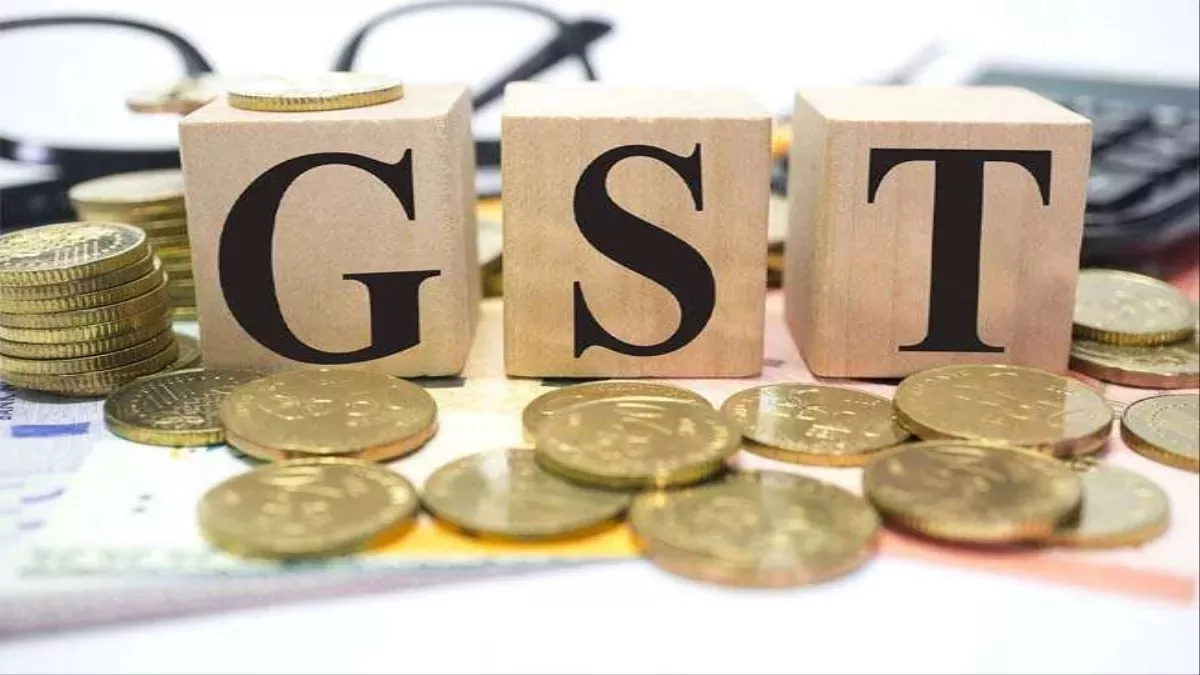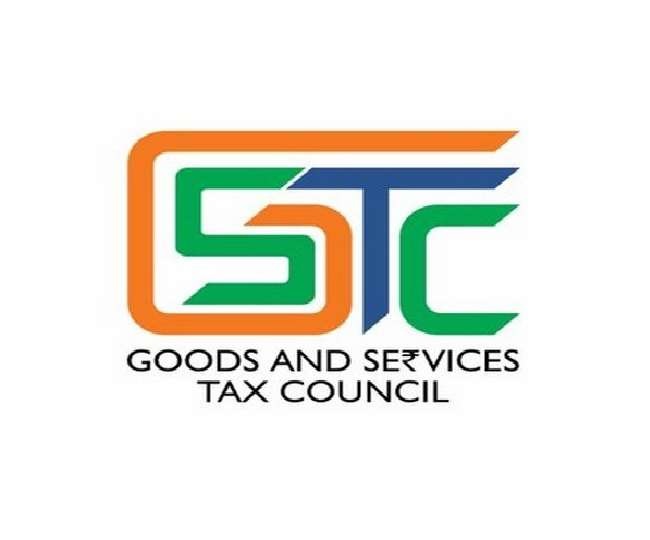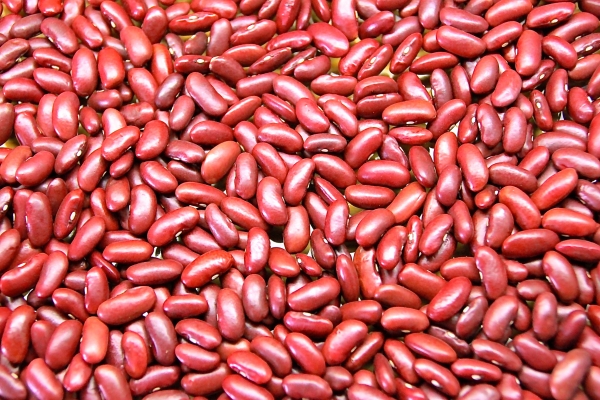The GST Council (Goods and Services Tax) has clarified that it cannot tax alcohol, which is under the purview of the states. This is a welcome move, as it will end a lot of uncertainty and litigation in the industry.
GST Council and alcohol
Alcohol is a state subject in India, which means that the states have the power to make laws and levy taxes on it. The GST Council, which is a body of central and state finance ministers, is responsible for making recommendations on the GST.
In 2017, the GST Council decided to exempt alcohol from GST. However, there was some confusion about whether the Council could levy GST on molasses, which is a key ingredient in alcohol production.
Som Distilleries’ Chairman of GST Council
JK Arora, Chairman of Som Distilleries, has expressed his relief at the GST Council’s clarification. He has been saying since day one that the Council cannot impose a tax on alcohol because it is a state subject.
Arora has also welcomed the Council’s decision to reduce the GST rate on molasses from 18% to 5%. This will help to reduce the cost of alcohol production and make it more affordable for consumers.
Impact of the GST clarification
The GST Council’s clarification will have a positive impact on the alcohol industry. It will end a lot of uncertainty and litigation, and it will make alcohol production more affordable.

This will benefit both consumers and producers. Consumers will have access to more affordable alcohol, and producers will be able to increase their profits.
Other benefits of the GST Council’s clarification
In addition to the above benefits, the GST Council’s clarification will also have a number of other positive impacts.
For example, it will help to promote transparency and accountability in the alcohol industry. It will also help to reduce tax evasion and smuggling.
Overall, the GST clarification is a positive step for the alcohol industry and for the Indian economy as a whole.
The importance of the GST Council’s clarification
The GST Council’s clarification that it cannot tax alcohol is important for a number of reasons.
First, it ends a lot of uncertainty and litigation in the industry. Before the clarification, there was some confusion about whether the GST could be levied on alcohol and molasses. This uncertainty led to a number of disputes between taxpayers and the tax authorities.
Second, the clarification will make alcohol production more affordable. The reduction in the GST rate on molasses from 18% to 5% will help to reduce the cost of production. This will benefit both consumers and producers.
Third, the clarification will promote transparency and accountability in the alcohol industry. It will also help to reduce tax evasion and smuggling.
Som Distilleries’ Chairman’s Reaction
JK Arora, Chairman of Som Distilleries, has welcomed the GST Council’s clarification. He has been saying since day one that the Council cannot impose a tax on alcohol because it is a state subject.
Arora has also welcomed the Council’s decision to reduce the GST rate on molasses from 18% to 5%. He believes that this will help to reduce the cost of alcohol production and make it more affordable for consumers.
Impact of the GST Council’s clarification on the alcohol industry
The GST clarification is expected to have a positive impact on the alcohol industry. It will end a lot of uncertainty and litigation, and it will make alcohol production more affordable.
This will benefit both consumers and producers. Consumers will have access to more affordable alcohol, and producers will be able to increase their profits.
Other benefits of the GST Council’s clarification
In addition to the above benefits, the GST clarification will also have a number of other positive impacts.
For example, it will help to promote transparency and accountability in the alcohol industry. It will also help to reduce tax evasion and smuggling.
The GST Council’s role in the Indian economy
The GST Council is a body of central and state finance ministers that is responsible for making recommendations on the GST. The GST is a value-added tax that was introduced in India in 2017.





